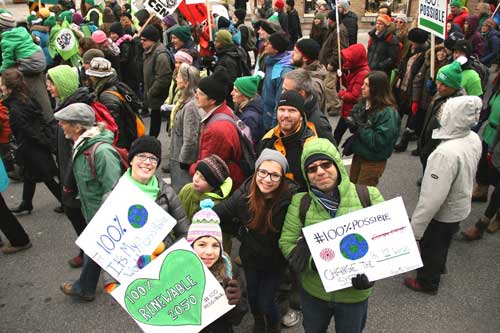This past November, I attended the climate talks in Paris as part of a youth activist delegation. It was life-altering, to say the least, and I would say it transformed my theory of change.
(Not that it matters, but I feel the need to say that I’m more than a little aware that I’m still a beginner in social justice and the climate movement and also it’s currently extremely late at night.)
A lot of activists whose opinions I respect deemed the Paris Agreement a failure. Right. I still haven’t finished reading about and processing the experience, but I’ve been influenced in reading that the COP was a failure before it even began.
Where I’m at right now is seeing it as a structural failure, but a structure that does offer a lot of potential for nation-based climate organizing. The agreement put the responsibility on national political leaders to deliver on and escalate their ambitions for emissions reductions. So that gives me, as a citizen of Canada, a lot of potential to build power to shift the Canadian government on fossil fuel industry, Indigenous sovereignty, renewable energies, local economies and so on. And it gives climate activists the world over the potential to do the same in their respective countries. I think of Ende Gelände in Germany, #Heathrow13 in the UK, among many others.
When one assesses the terrifying physical deadlines approached by climate change, it is tempting to despair. When one sees the face of this movement, it is impossible not to feel courage. In Paris, its face was thousands marching in defiance of a protest ban, local activists enduring house arrest, Indigenous peoples paddling down the Seine, refugees on the city’s outskirts refusing to be discarded, and delegates disrupting conference proceedings utterly removed from the urgency of the science and suffering. And now it is returning home to the places where its power lies, in the fields and the forests, the city councils and the co-ops, the seas and the streets.
Even if the states and corporations of the world are not yet ready for the change ahead, a growing multitude is. Paris was a failure, but a climate justice movement is rising.
Martin Lukacs, Claim no easy victories. Paris was a failure, but a climate justice movement is rising
So with that potential in mind, I’m hoping to take a step forward with 350 Kingston as a collective for climate justice. I’m hoping we can build people power and galvanize passive supporters into real action on climate change.
Since I am highly focused on the stakes of the climate movement in a Canadian context, that will be the focus of my contribution to this group: tar sands, pipelines, fracking, and how these industries interact with North American politics. But there are so many more dimensions to climate justice. We need more people to start taking action and, according to scientists, we needed them yesterday.
Let’s rise. Together.
Originally published on Rise Like Water on Tumblr

